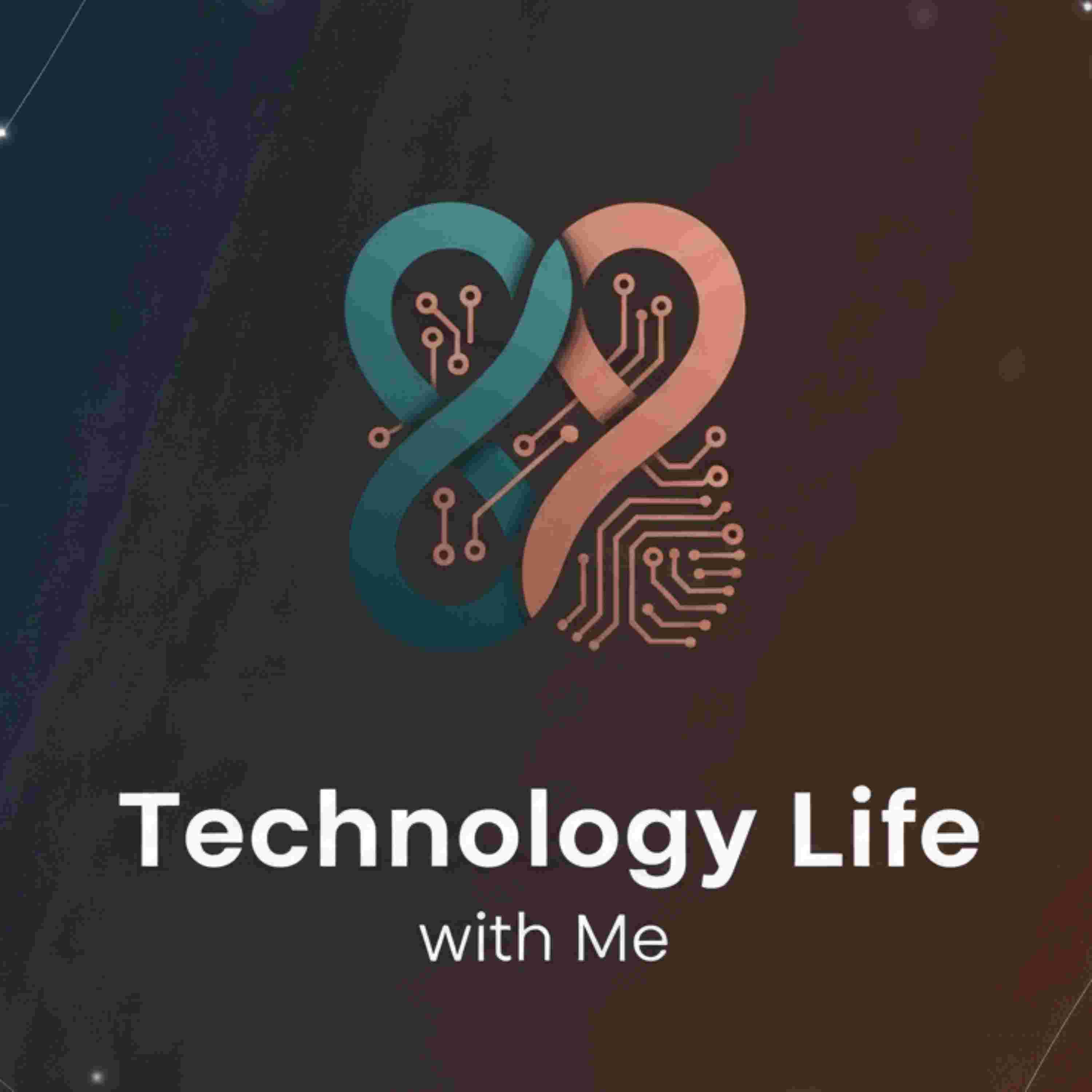

overview of the current state of digital privacy, cybersecurity, and regulatory challenges, highlighting the growing need for user control and secure alternatives to established technologies. Several documents explore the rise of ethical, open-source platforms—such as decentralized social media alternatives like Pixelfed, Mastodon, and Element—as a response to scrutiny faced by major platforms like TikTok and Meta. Concurrently, the sources on cybersecurity emphasize the alarming frequency of digital scams and cyberattacks against consumers, with recommendations for collective protection involving industry, government, and individuals through the use of tools like passkeys, multifactor authentication, and VPN protocols like WireGuard and OpenVPN. Finally, multiple reports discuss the complex legal landscape concerning data protection in the US, detailing the fragmented nature of state consumer privacy laws (including enhanced protections for minors and sensitive data), the aggressive enforcement actions taken by the FTC and state attorneys general, and the use of sophisticated techniques like Privacy-Preserving Machine Learning (PPML), Homomorphic Encryption, and Multi-Party Computation to mitigate privacy risks in data-intensive applications.